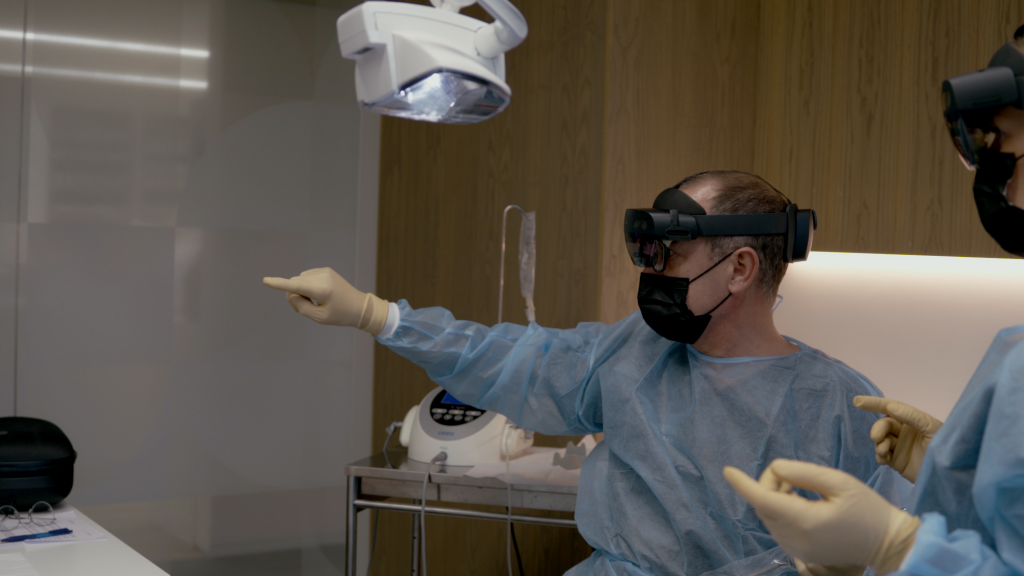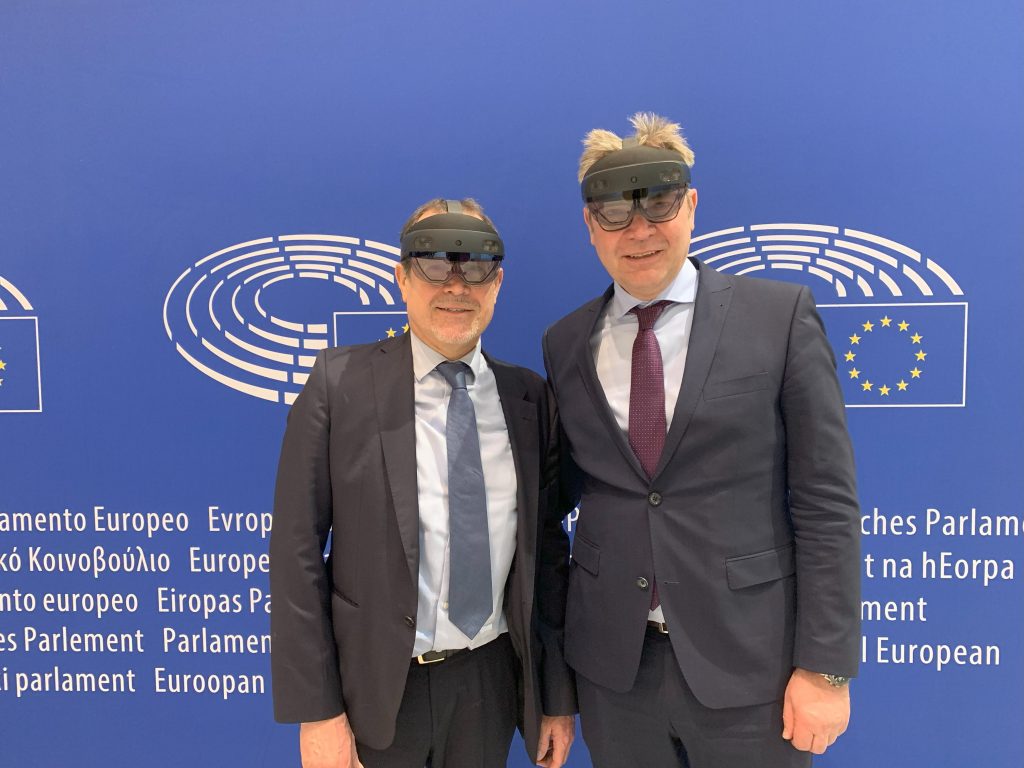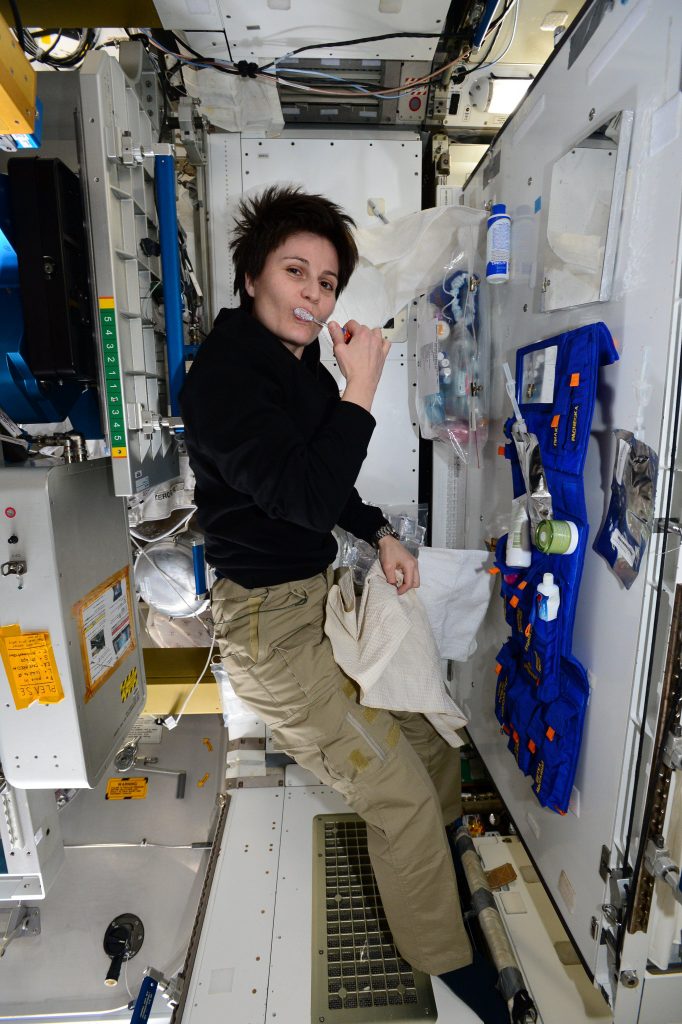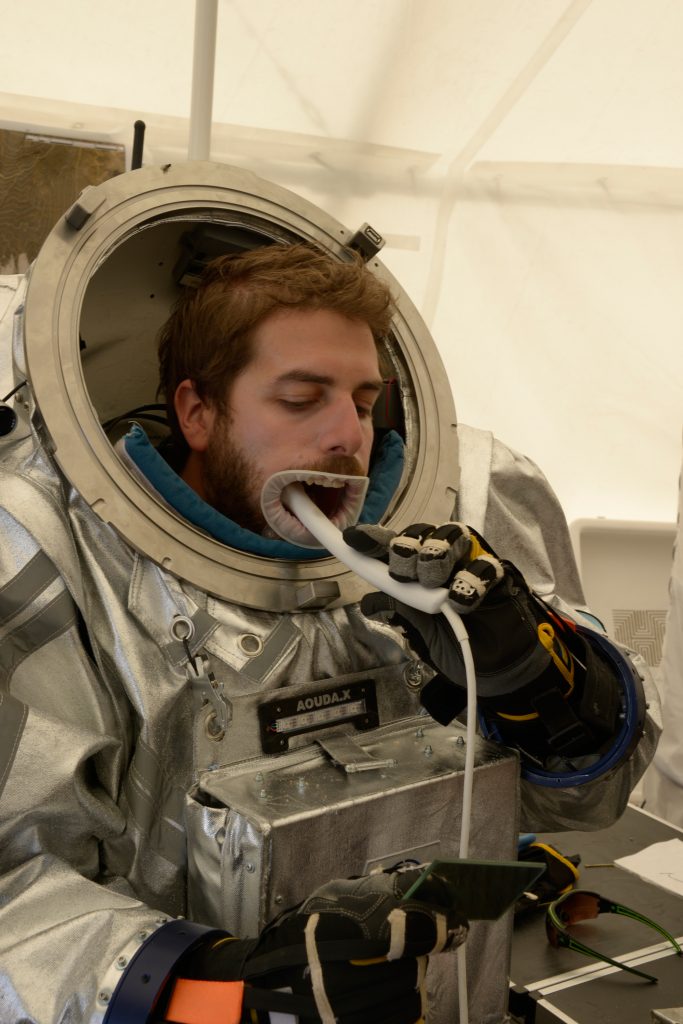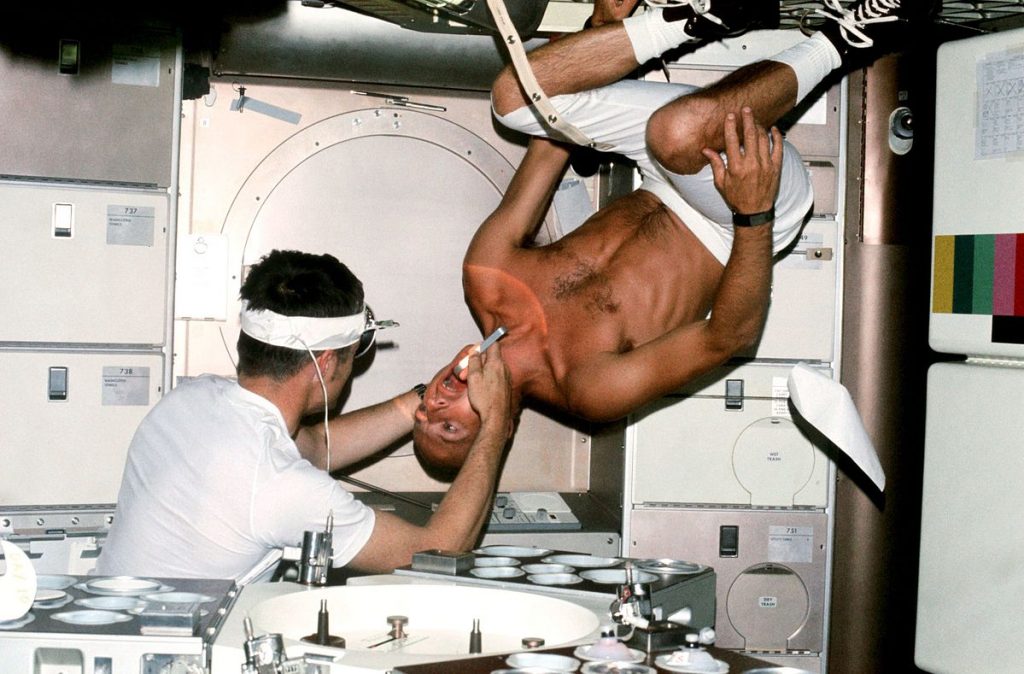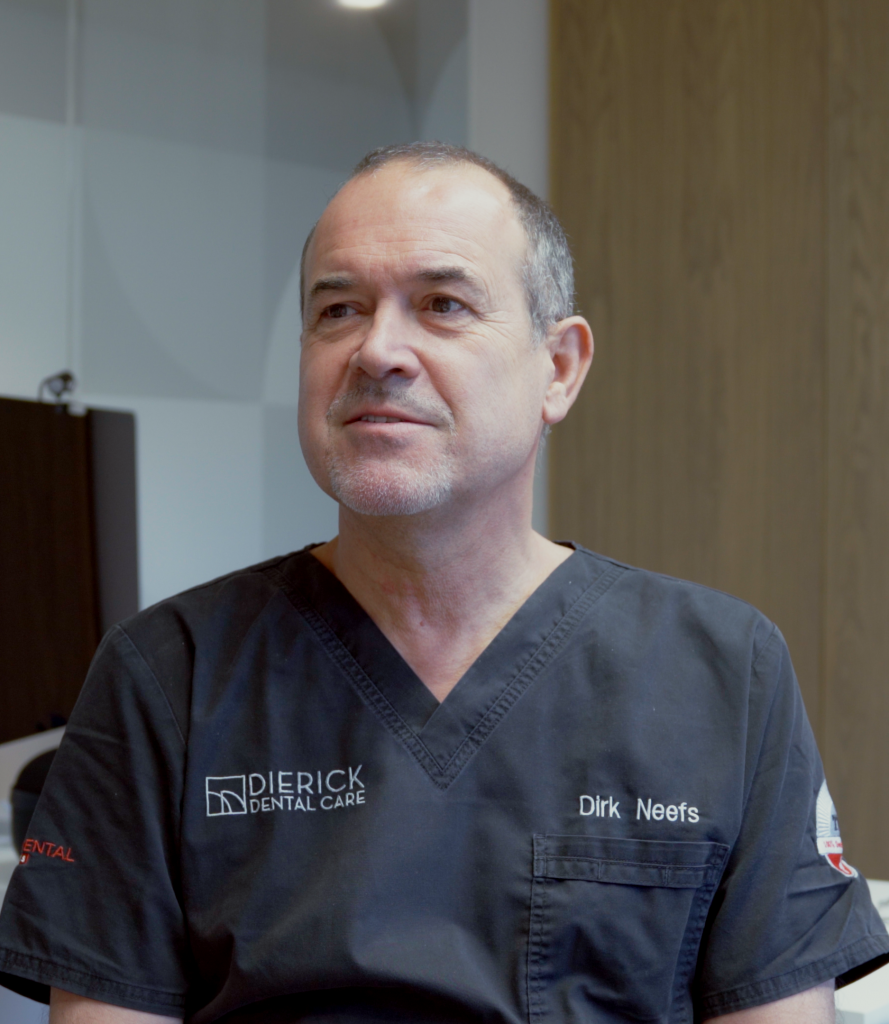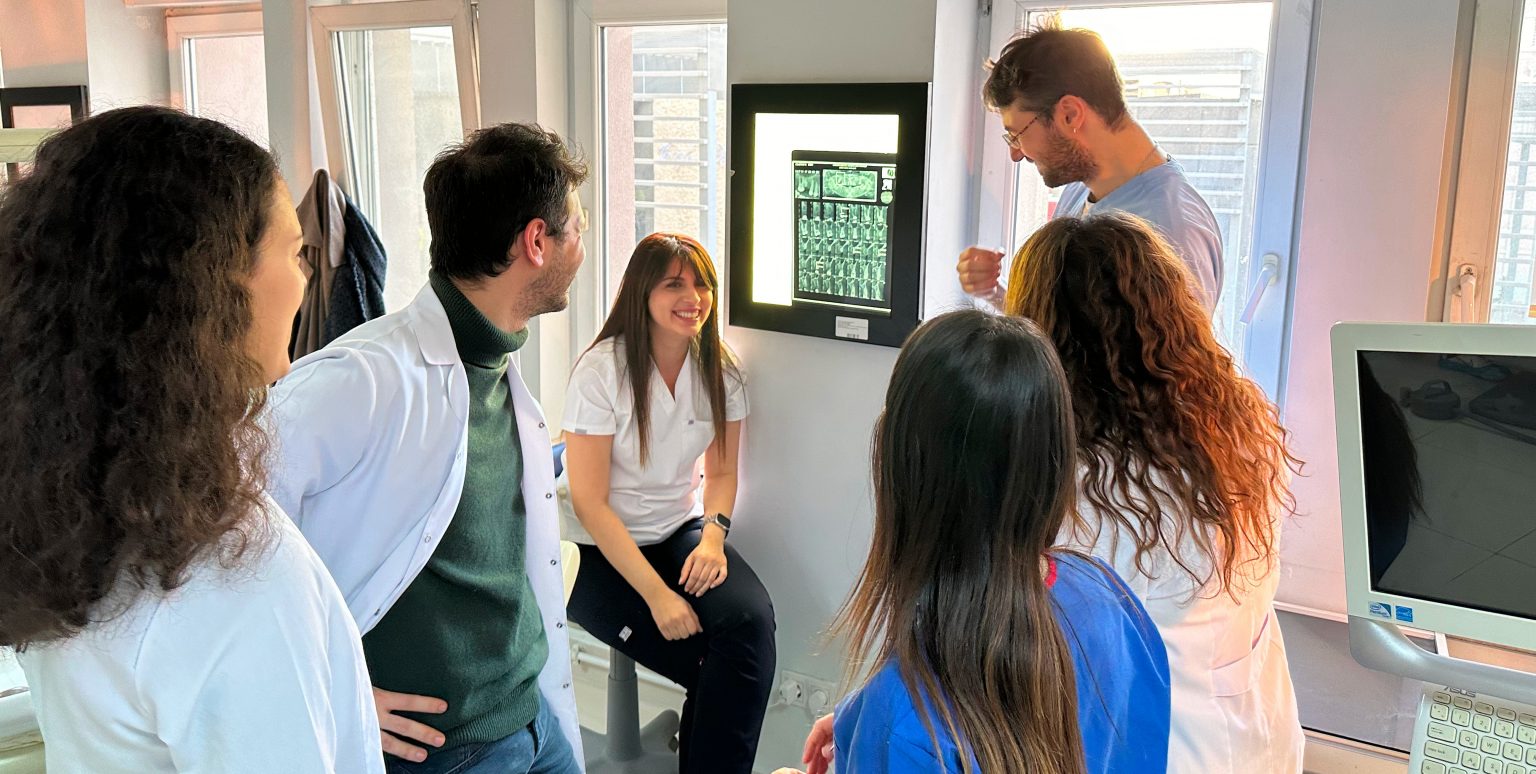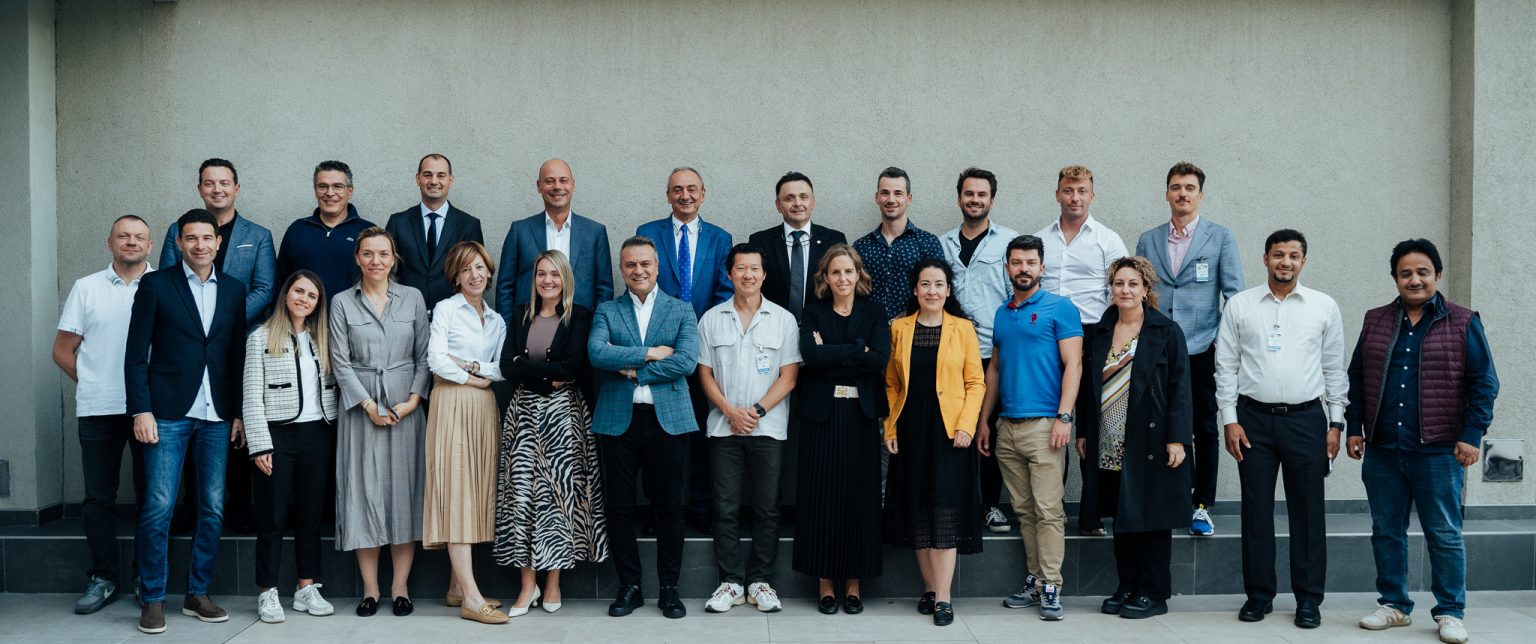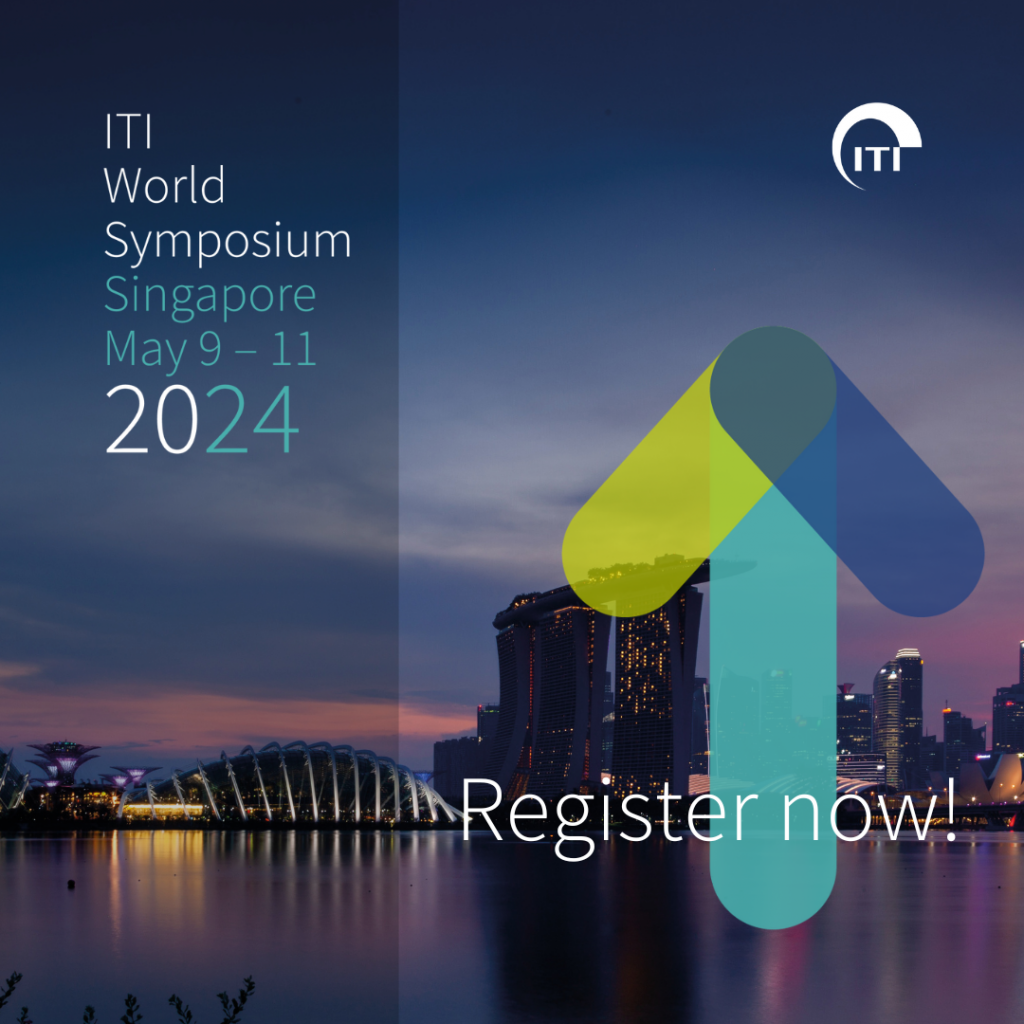Have you ever thought about the challenges of dental care in outer space, especially when faced with dental emergencies during missions? I am part of an exciting multidisciplinary European Space Agency (ESA) team that focuses on dental care under outer space conditions.
The shift from shorter missions of six months to the extended duration of several years requires comprehensive research and protocols to address astronauts’ oral health needs. Our work will contribute to the Gateway project, a lunar outpost that serves as a launch pad for long-duration space missions as well as missions that go beyond, even to Mars.
Our priority is to determine which preventive measures need to be applied so that our patients have no dental problems and enjoy good oral health over 5 years or more. My team of researchers – an ESA (European Space Agency) topical team – and I are working to create dental guidelines for astronauts on long term missions.
We are also exploring the complex nature of performing dental procedures in microgravity, where issues such as aspiration and blood clotting pose significant challenges. Thus, the focus on preventive measures takes on paramount importance in maintaining optimal oral health for astronauts enduring missions lasting several years. The different unique constraints of communication with earth, characterized by significant delays due to vast distances, also play a significant role.
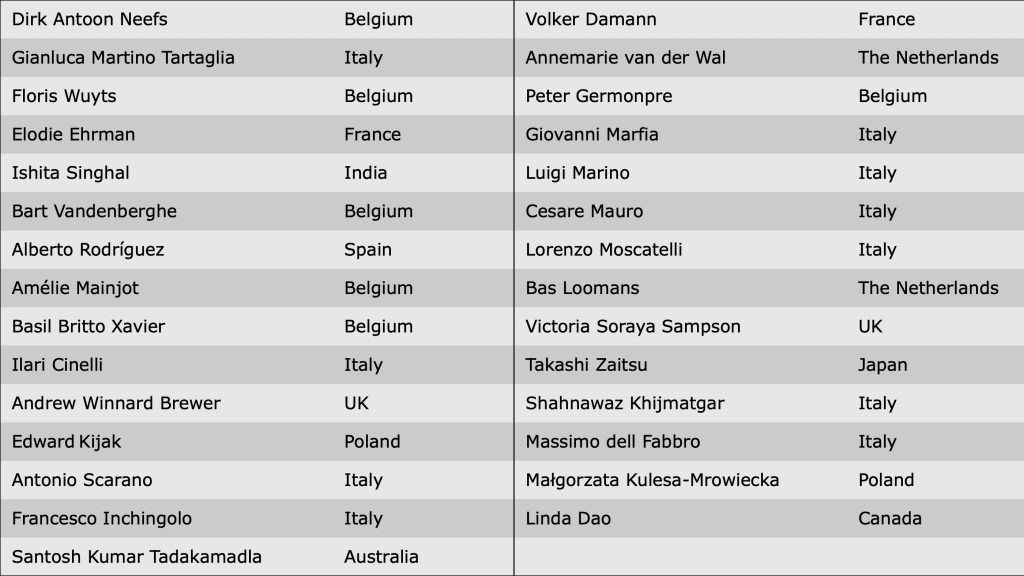
How it began for me
In December 2018 I gave a TED talk entitled “Look and Feel Young, Go to the Dentist” in Antwerp, where I focused on the vital importance of oral health to overall well-being. Little did I know that this talk would lead to a fascinating encounter during the coffee break with Professor Sarah Baatout, a brilliant Belgian nuclear biologist working at the nuclear research center SCK in Mol, Belgium as well as at ESA as a researcher. She talked about the headaches frequently suffered by astronauts when in microgravity conditions. This got me thinking and triggered an idea to use night guards to protect astronauts’ teeth from extreme G-forces and avoid the consequent muscular overload of the TMJ muscles.
Professor Baatout introduced me to Professor Floris Wuyts, a distinguished researcher at the University of Antwerp with expertise in space exploration and extensive collaboration with ESA. Together, we connected with Angelique van Ombergen, the Discipline Lead for Life Sciences at ESA. What began as a proposal for night guards for astronauts soon expanded into a comprehensive project aimed at developing dental guidelines for long-duration space missions. It was the beginning of a collaborative journey by a multidisciplinary team driven by the possibility of contributing to space exploration.
Our team is made up of international experts in space dental research from various specialties who are contributing their expertise to the project. This covers diverse topics, among others optimizing the oral microbiome with its importance to the general health of our astronauts as well as selecting appropriate dental materials for long-term space missions.
Where we are now
The dental guidelines for astronauts are beginning to take shape as we explore all the different aspects of maintaining oral and dental health in space. An internal working group led by Prof. Massimo del Fabbro from Milan, Italy has been preparing a thorough literature review and held a meeting at the Università degli Studi in Milan in September 2022. Our review will be published by the end of 2023. Our next step is to create a stakeholder list and survey in order to edit the dental guidelines according to the correct criteria.
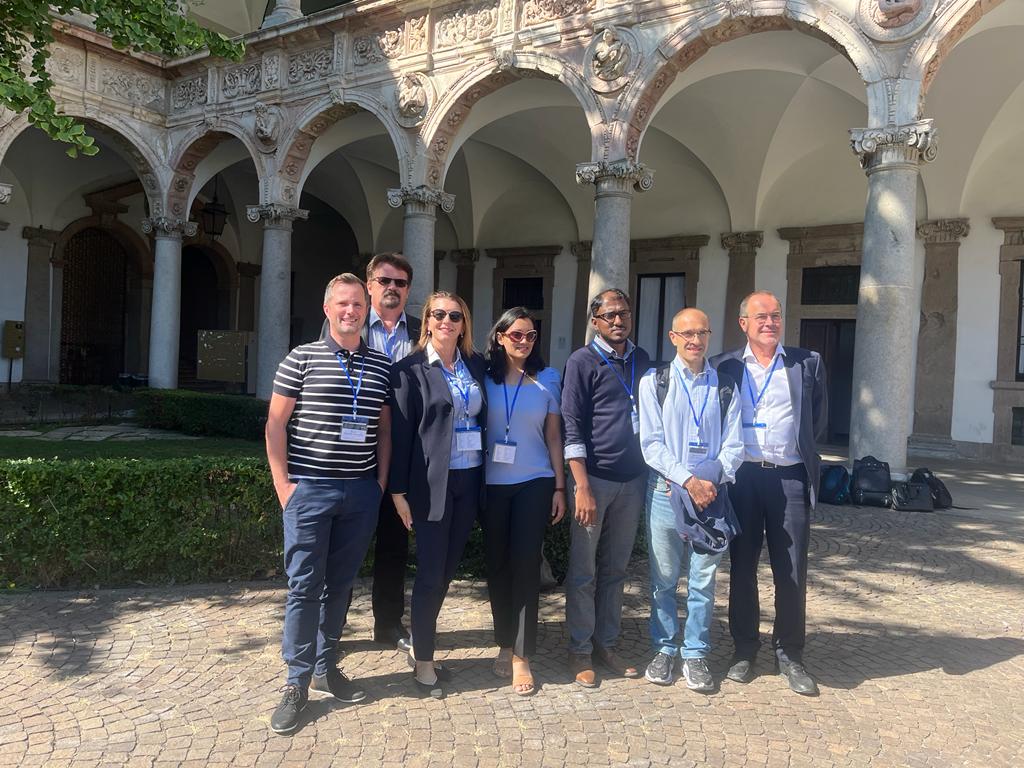
Currently, little is known and much more research needs to be done with an emphasis on the interdisciplinary aspect. In order to achieve good oral health, we must seek collaboration between nutritionists, engineers, flight surgeons and most of all dental specialists, all experts in their own field.
Transferring space innovations to earth
Recognizing the potential impact of space dental research on earth, our project delves into the exciting prospects of using, for example, holographic technology to provide people in remote areas with virtual access to healthcare professionals. Furthermore, the groundbreaking applications of 3D and bio-printing in space – printing medication, medical instruments and fillings – could revolutionize dental care both in space and on earth.
We realize that the living and nutritional conditions of astronauts on long-term space missions are much more controllable than our patients on earth. However, if our team can define an evidence-based protocol for how to guarantee long-term oral and dental health, this could also be applied on earth and completely change the way we diagnose and treat our patients.
